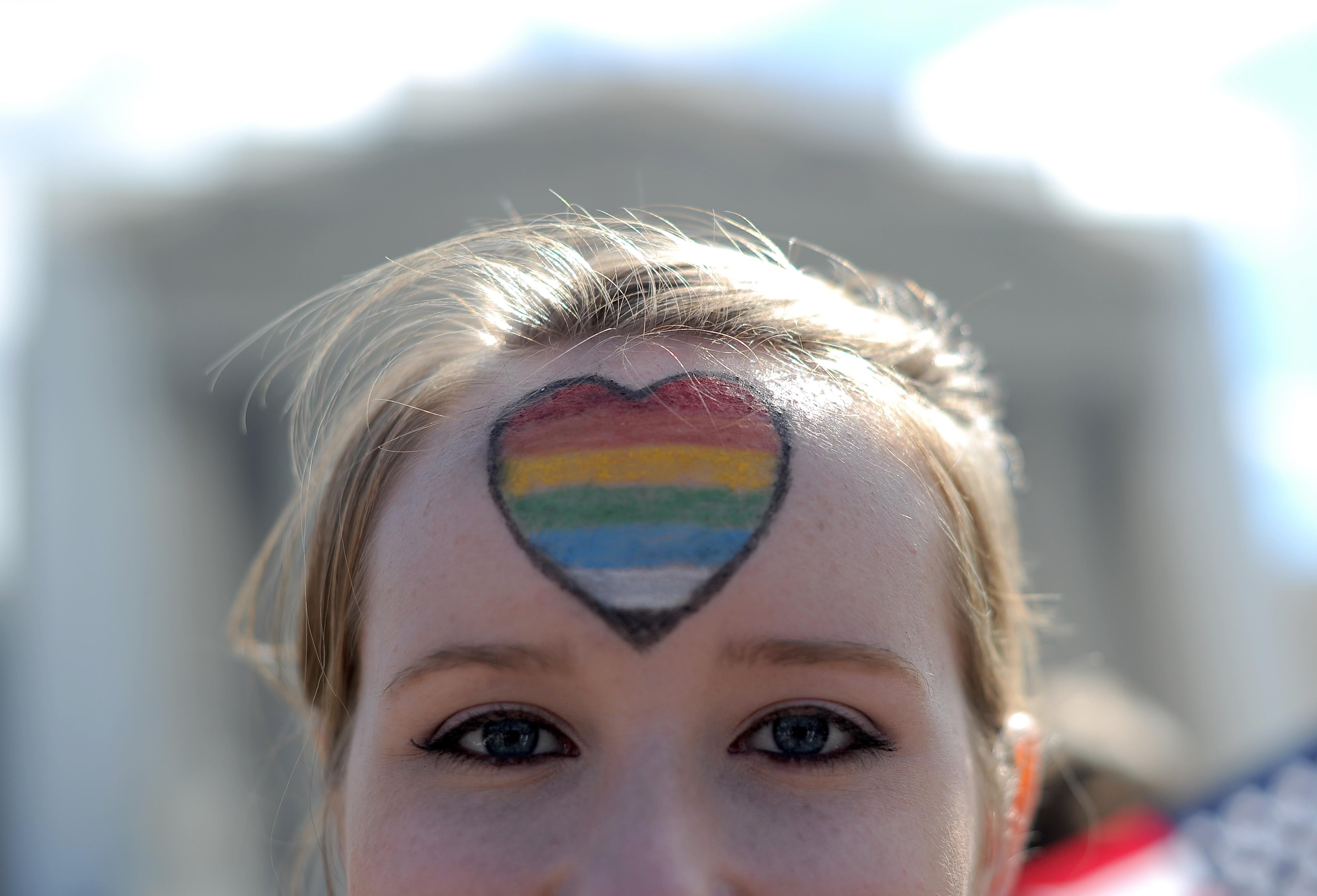Last year, as more states legalized gay marriage legislatively or at the polls, those of us armed with maps had a question: What about Delaware? The First State, of which I am a son, is a moderate place that’s swung Democratic as the GOP has swung to the right. Starting with the 2008 Obama-Biden wave, it’s also been completely controlled by Democrats. The current state House has a 26-15 Democratic majority; the current state Senate is split 13-8 for the Democrats. Gov. Jack Markell has supported gay marriage for years. And I already mentioned Joe Biden.
Well, the gay marriage push starts today. This afternoon, most of the state’s leadership—governor, lieutenant governor, attorney general, state Senate president, speaker of the House—will gather in Wilmington to announce legislation that would legalize gay marriage. All they need to do is alter Delaware’s statute on marriage, which prohibits unions between “people of the same gender.” (Delaware never got onboard with the “traditional marriage amendment” party.)
Sen. Chris Coons has been working the phones and meeting with legislators and “community leaders” who could take sides when the bill comes up. “Some of them don’t support marriage equality and have strong reservations for a variety of reasons,” he said. “Because of their district, because of their background, their faith tradition. You know, many them are reconsidering after hearing from their constituents, or after seeing the movement nationally toward marriage equality. Some have a personal experience with a family member, a neighbor, a colleague who speaks to them personally.” If a vote came after a “broad, robust debate followed by a strong vote in both chambers,” Coons didn’t see any chance of a backslide, or of primary challenges and election losses leading to a reversal. “We’ll be a state whose legal committment to marriage is strong.”
